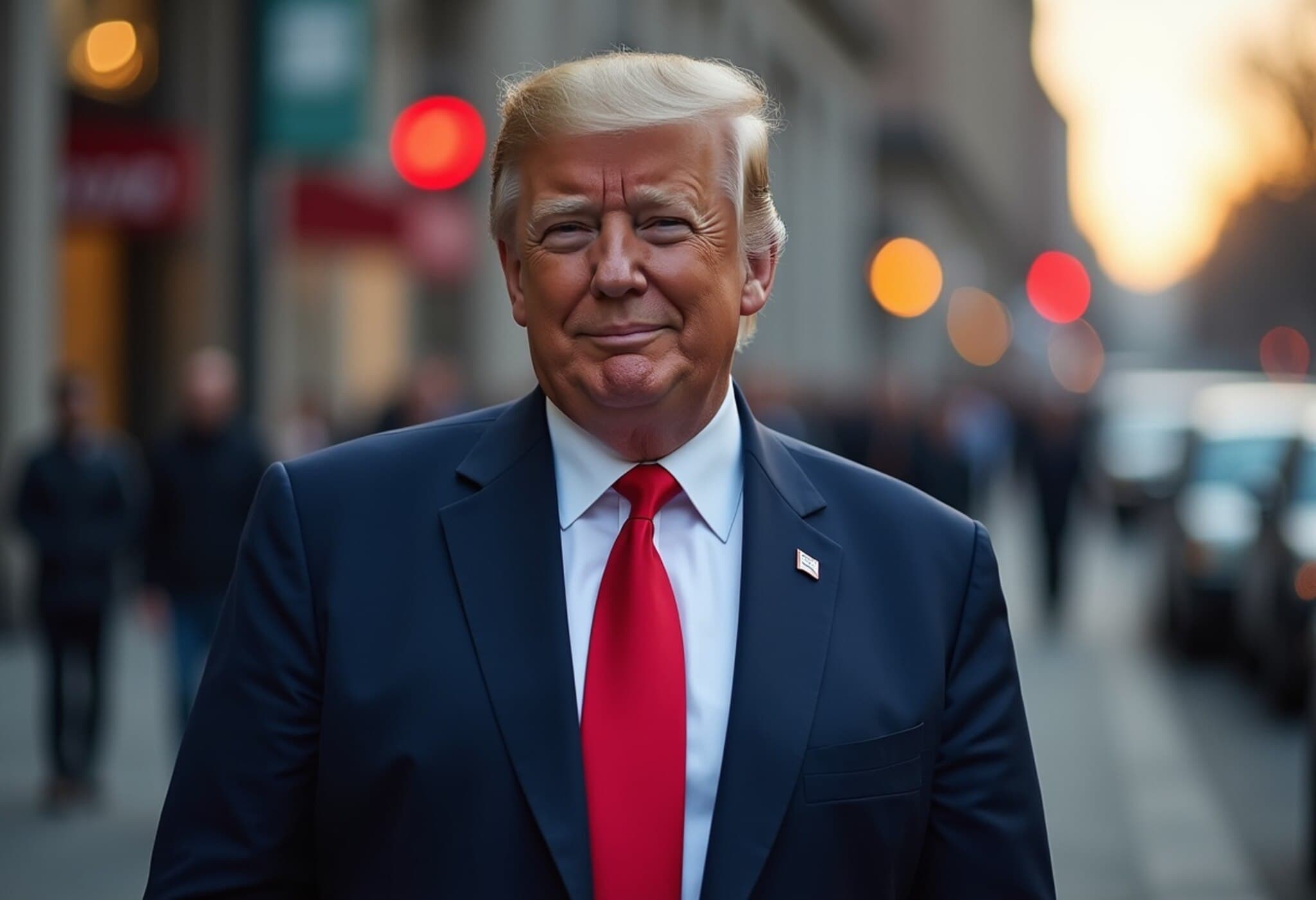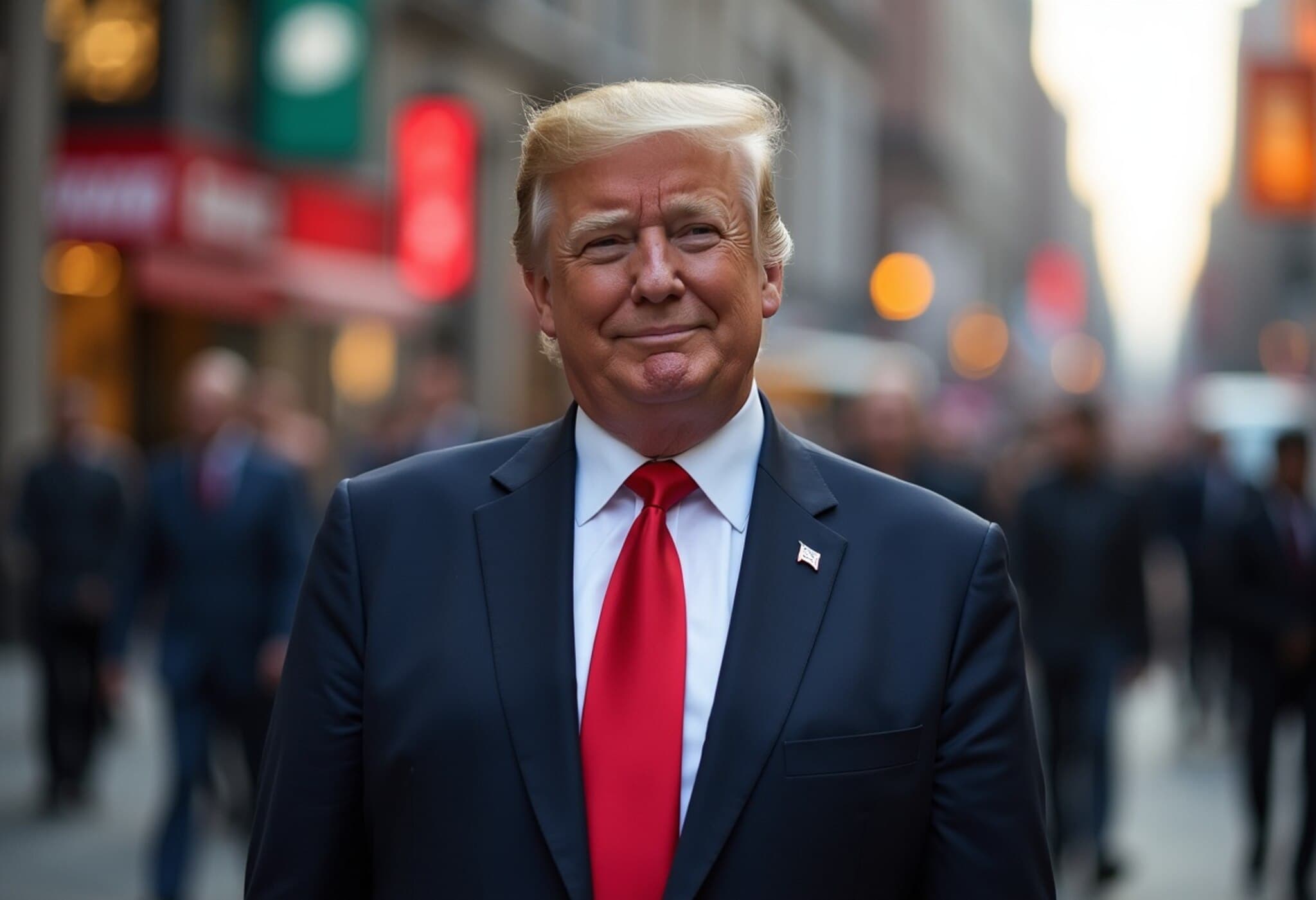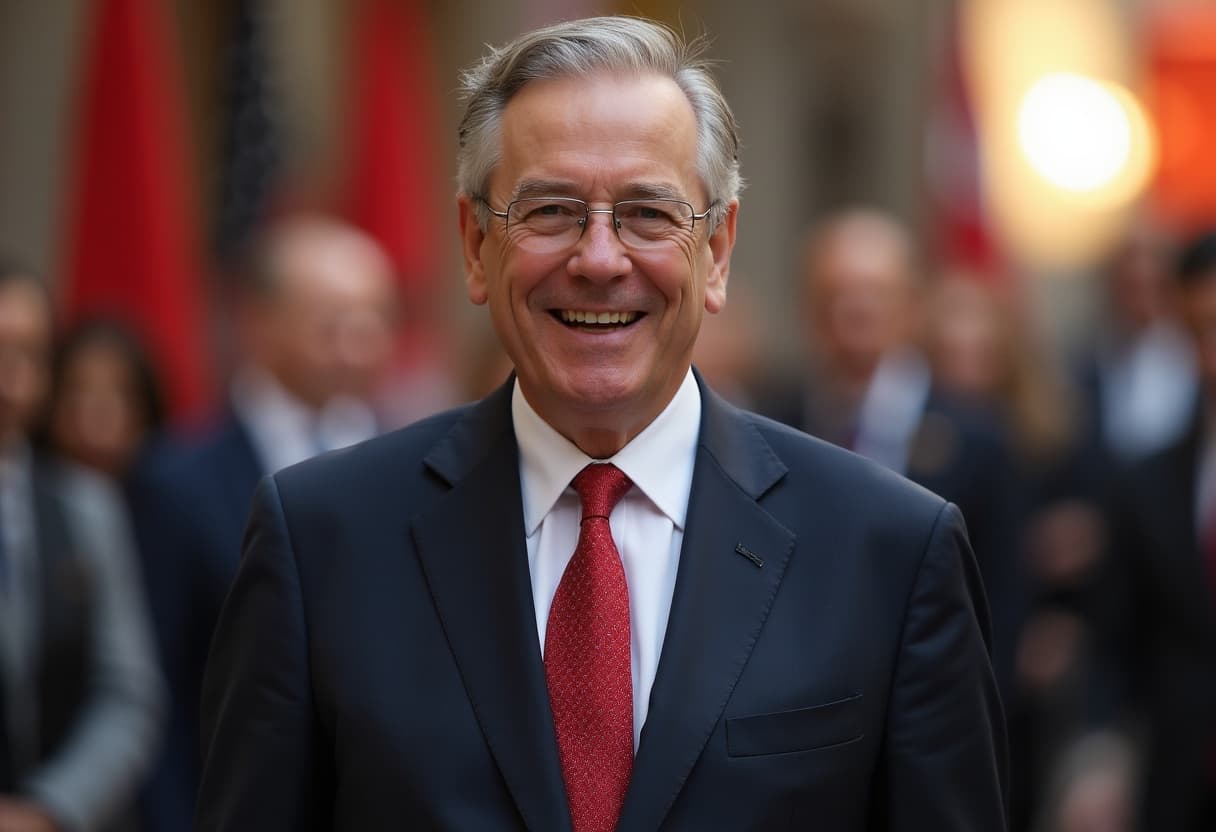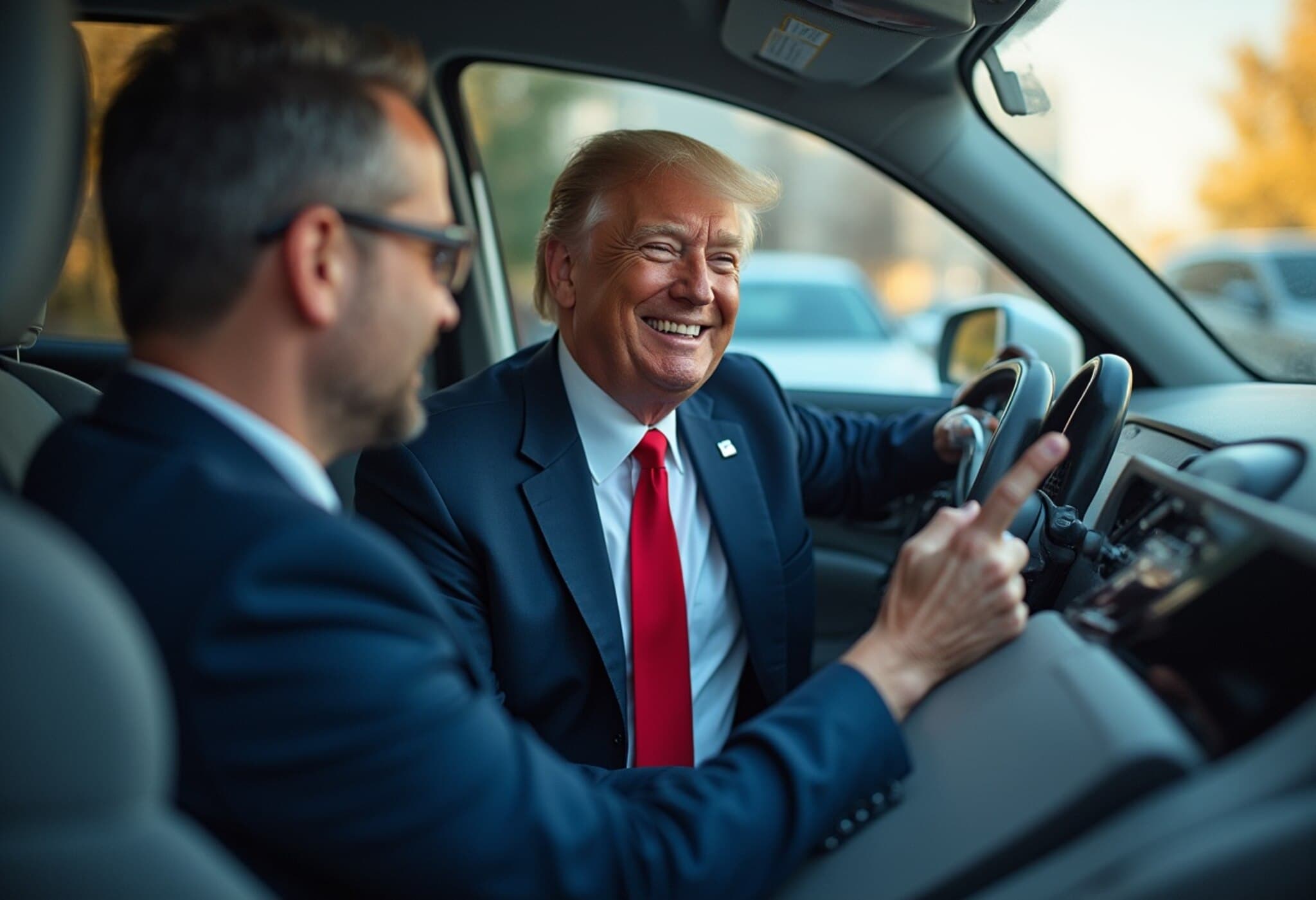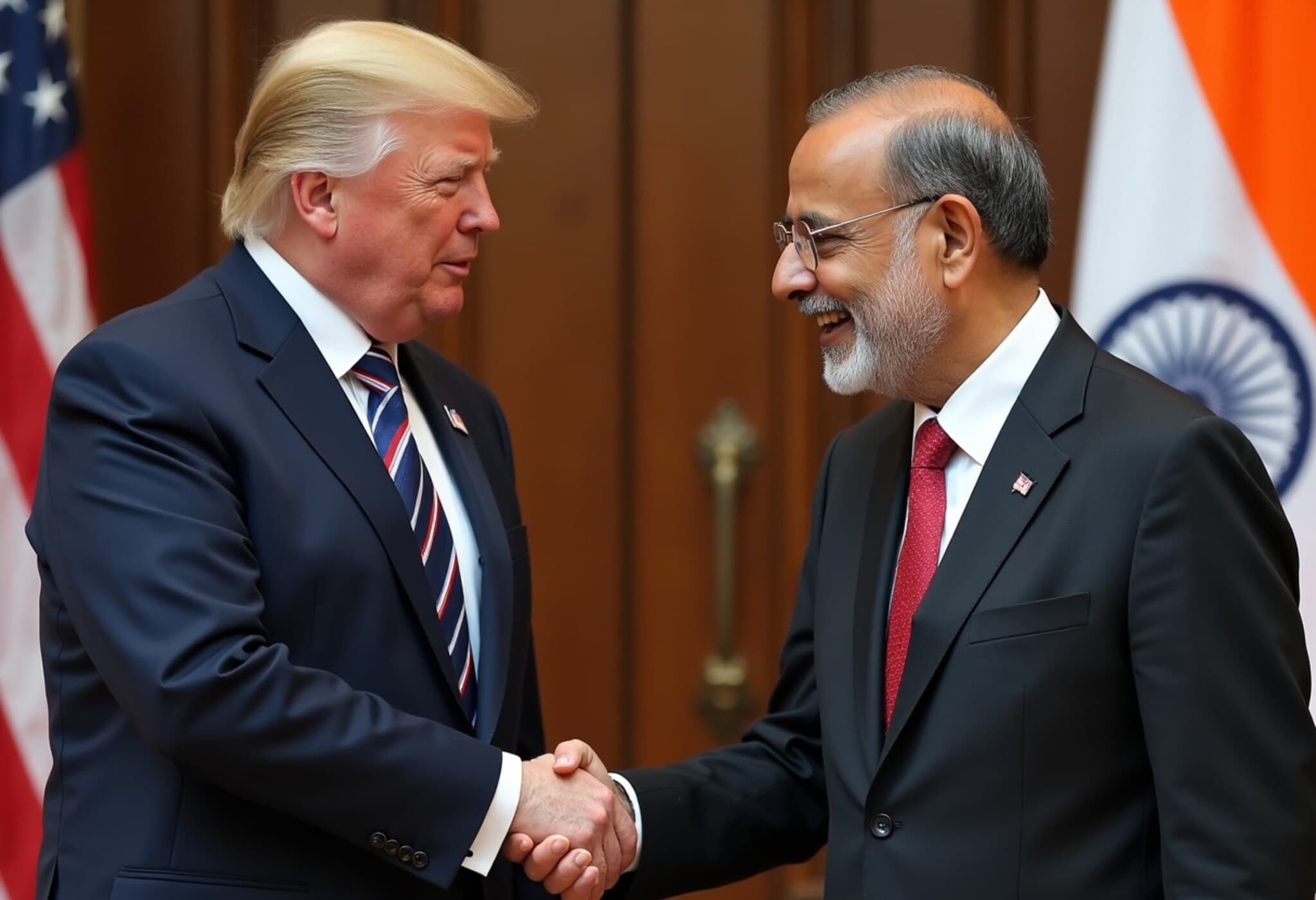Switzerland Faces Heavy US Tariffs, Pledges to Pursue Further Dialogue
The Swiss government is preparing for an extended negotiation journey with the United States following the abrupt imposition of a 39% tariff on Swiss imports—one of the steepest levies implemented under the Trump administration's aggressive trade realignment. This move, which went into effect at midnight Washington time on August 7, 2025, threatens to upset Switzerland’s export-driven economy, heavily reliant on access to the lucrative US market.
A Failed Mission in Washington
Swiss President Karin Keller-Sutter, along with Economy Minister Guy Parmelin, returned from Washington without securing relief from the tariffs. Notably, President Keller-Sutter did not meet with former US President Donald Trump or senior trade officials during the trip, which sources describe as rushed and reactive rather than strategic.
Switzerland's bid to negotiate down the tariff rate to 10% was flatly rejected by US officials, underscoring the hardline stance the US has adopted in addressing trade imbalances. Keller-Sutter remarked, "For the affected sectors, companies, and their employees, this is an extraordinarily difficult situation," reflecting the seriousness with which the Swiss government views the economic repercussions.
Economic Stakes: Swiss Industry Under Threat
- Key industries affected: Swiss watchmakers like Swatch, Rolex, and Patek Philippe, which rely heavily on US exports.
- Food exports: Premium cheeses and chocolates now face significant price pressure.
- Pharmaceuticals: Although currently exempt, the US is Switzerland’s biggest pharmaceutical market, valued at $35 billion in 2024, involving giants like Novartis and Roche.
Economists warn that if the tariffs persist, Switzerland could see its GDP growth shrink by up to 0.6% in the next year, nudging its economy toward stagnation. Hans Gersbach of the KOF Swiss Economic Institute explained, "We will not enter a recession, but the impact will slow down our momentum considerably." Furthermore, with trade tensions rising, financial markets are cautiously optimistic but remain wary of prolonged disruption.
Broader Context: US Trade Strategy and Swiss Surplus
The Trump administration has framed the tariffs as a corrective measure against countries it deems to be exploiting US trade. President Trump proclaimed on Truth Social that billions of dollars would begin flowing into the US as a result. Switzerland, despite removing tariffs on nearly all imports in 2024 to welcome US goods, recorded a significant trade surplus of 38.5 billion Swiss francs ($48 billion) with the US last year—one of the highest among America's trading partners.
This surplus, particularly in high-value sectors, appears to be the central grievance driving Washington's tough stance. Trade analysts point out that while tariffs aim to reduce deficits, such an aggressive approach risks boiling over diplomatic ties and economic collaboration with close allies.
Industry Voices and Market Reactions
Swiss industry leaders have voiced alarm. Jean-Philippe Kohl, vice director of industry group Swissmem, described the tariffs as "the death of the export business" with the US. Many companies are withholding public comment, opting for discretion amidst uncertainty.
Financial markets, however, have shown resilience. The Swiss blue-chip index saw a modest gain following initial drops, reflecting investor hopes for a negotiated resolution. Currency movements have also been volatile but contained, with the franc strengthening slightly against the dollar.
Looking Ahead: The Road to Resolution
Despite the immediate setback, Swiss officials remain hopeful. Swiss lawmaker Damien Cottier emphasized, "President Trump's positions can evolve. We must continue to negotiate and argue our case, which is a good one." The underlying message is clear: sustained diplomacy, patient negotiation, and strategic engagement will be critical to mitigating long-term damage.
Experts underscore the importance for Switzerland to consider contingency plans, including economic diversification and strengthening other bilateral trade relationships, to reduce vulnerability to unilateral tariffs.
Editor’s Note
The 39% tariff imposed by the US on Swiss goods is more than a trade disruption—it's a test of diplomatic dexterity and economic resilience for Switzerland. This episode raises critical questions about the evolving nature of global trade governance, the efficacy of protectionist policies, and the vulnerabilities of export-dependent economies. Observers should watch closely how these negotiations unfold, not only for their impact on Swiss industries but for broader implications on international trade norms between longstanding allies.





